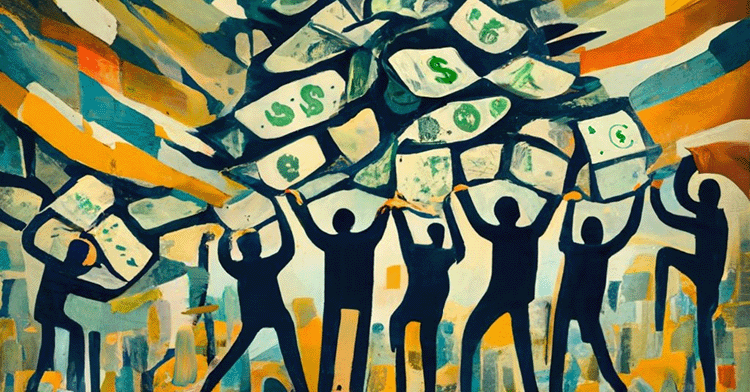Editor’s note: A version of this story appeared in the Spring 2009 issue of Divinity magazine.
When he began ministering to stunned survivors as they walked past Park Avenue United Methodist Church on Sept. 11, 2001, the Rev. William S. “Bill” Shillady realized that none of his courses at seminary had prepared him for what he was doing.
“I just did what I thought was important,” he said.
Today, as executive director of the United Methodist City Society in New York, Shillady is a pastor to other pastors in a city reeling from the Wall Street crash. But he’s preaching the message of community, and stressing the importance of service to others. He reminds pastors that, “We’re not in this alone. Maybe we’re called to serve others more deeply in this time.”
He’s hearing from pastors that they felt unprepared for dealing with the financial crisis, “but we are prepared for helping people through the crises of life.” In that sense, pastors are approaching the economic downfall like a death of sorts. “Grief is a universal feeling,” says Shillady.
The Rev. Jim Huskins, of Marion Edwards Recovery Center Initiatives (MERCI), a United Methodist disaster relief program in Goldsboro, N.C., echoes that analogy. “People need to be prepared [for job loss], psychologically and emotionally, like a death.”
He says men in particular can experience a profound loss of identity and self-worth with the loss of employment, and are often the last to ask for help, if they ever do.
Another emotional reality that concerns Huskins is the impact of the crisis on pastors. This recession is unlike an individual tragedy, or even most natural disasters, in that it affects so many people over a long period of time -- and that can take a toll. As Huskins put it, “Who will help the helpers?”
And some pastors are just as vulnerable economically as their congregants. The Rev. Lisa Moss Degrenia of St. Petersburg, Fla., for example, is struggling financially along with her husband and two teenage children. When her husband returned from deployment with the Air Force Reserves in late 2007, he was out of work for seven months. He was hired by the police department, then laid off due to cutbacks. He hopes to return to the force after attending the police academy, but the training will be at his own expense.
The Rev. Brad Thie of Newton, N.C., says that at times he succumbs to a feeling of helplessness in the face of such great needs.
“I have those moments when I want to have a really big checkbook,” he says. “But my helplessness helps me to identify with their helplessness.”







